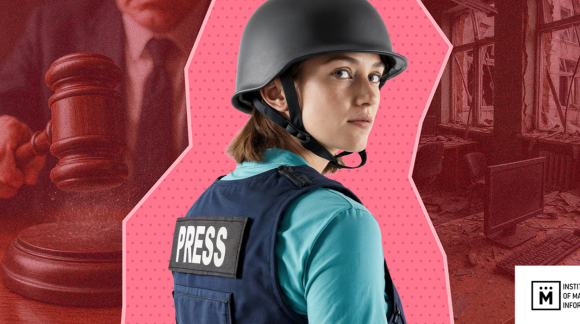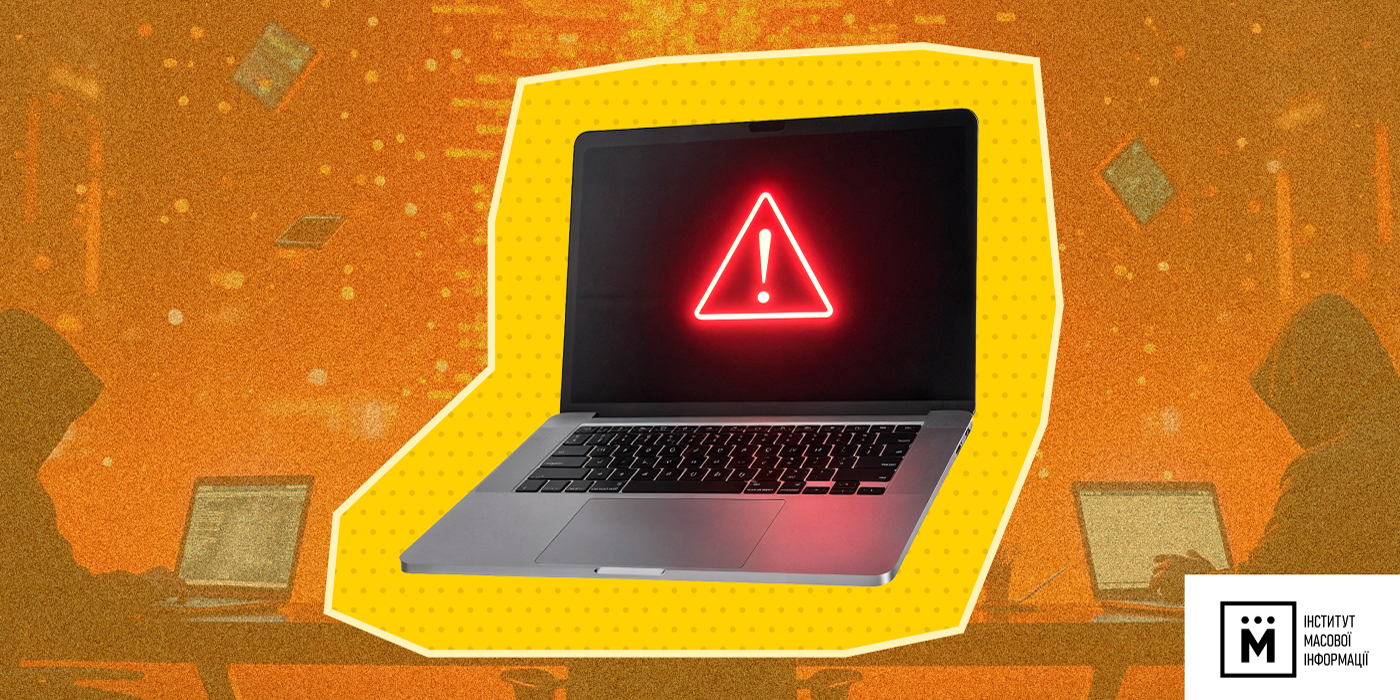The big question, however, is whether the judge decides to end the case with Pukach or whether other former high-ranking officials implicated in the murder, including ex-President Leonid Kuchma and his former chief of staff, Volodymyr Lytvyn, will continue to be investigated for alleged involvement in ordering the crime.

Valentyna Telychenko, lawyer of Gongazde’s widow, Myroslava, fears it’s quite probable that the authorities will go no further than Pukach. She would consider such a decision a grave injustice. “The state is doing everything to stop with Pukach and not pursue those who ordered the murder,” Telychenko said.
Gongadze, the opposition journalist and founder of the Ukrainska Pravda news website, disappeared on Sept. 16, 2000. Months later, his beheaded body was found in a forest outside of Kyiv.
In late November 2000, the tapes of Kuchma’s former bodyguard, Major Mykola Melnychenko, were exposed in the Ukrainian parliament by ex-Speaker Oleksandr Moroz.
The hundreds of hours of recordings purportedly implicate Kuchma and other top officials in the Gongadze case and numerous other crimes, exposing a gangster-like misrule of the nation.

The authenticity of the tapes, however, has always been disputed and Kuchma and others have denied wrongdoing.
However, most independent assessments accuse Kuchma of stonewalling investigations into Gongadze and the tapes.
Viktor Yushchenko, who succeeded Kuchma as president in 2005, vowed to bring those responsible for Gongadze’s murder to trial.
That same year, ex- Interior Minister Yuriy Kravchenko died of two gunshot wounds to the head. Authorities called it a suicide. But he died the same day he was to give testimony in the Gongadze case.
He was the immediate supervisor of Pukach who, along with three other police officers, were implicated in actually carrying out the murder.
The other three former police officers were convicted of assisting Pukach in the abduction and murder of Gongadze. They were sentenced to 12 and 13 years of imprisonment in 2008.

It wasn’t until 2009, however, that Pukach was arrested in a village in Zhytomyr Oblast where he had been hiding for several years.
Authorities say he confessed to strangling and beheading Gongadze on orders from Kravchenko.
The prosecution has demanded life imprisonment for Pukach.
Telychenko agrees that Pukach deserves such a sentence, but that’s not what she wants to hear on Jan. 29.
She believes the court should return the Pukach case to pre-trial investigation and incriminate him in a contract murder, which will allow authorities to pursue charges against everyone involved in the crime.
“Pukach personally had no complaints about Gongadze,” she said. “He says he was carrying out instructions of Kravchenko, Kuchma and Lytvyn (then head of the presidential administration) and other top officials, which means he was acting by someone’s order and not by his own initiative.”
Telychenko added that she was surprised that the court didn’t call either Kuchma nor Lytvyn as a witness for the trial even though Pukach identified them as being involved.
Telychenko claims Pukach told the court the following: “I don’t recognize the previous arrangement between me and my subordinates. Instead I declare that there was an arrangement between Kuchma, Kravchenko, Lytvyn and me.”
President Viktor Yanukovych promised in 2011 to “do everything” to complete the investigation of the Gongadze case and punish all who were guilty of the crime.
In March 2011, the prosecutor general opened a criminal probe into Kuchma over Gongadze murder. But in December 2011, the court ruled that it didn’t see any evidence that Kuchma was involved in the crime.
The court also decided that Melnychenko’s tapes can’t be evidence in the case as they were obtained illegally. Telychenko calls this court decision itself illegal.
Hryhory Omelchenko, a former lawmaker who headed a parliamentary commission investigating the Gongadze murder, agrees with her, saying his commission had evidence about involvement of the top officials in the murder as far back as 2004.
“The commission came to the conclusion that Kuchma and Lytvyn were accomplices of the crime,” Omelchenko said. “Lytvyn was the instigator and Kuchma gave this order to general Kravchenko.”
Omelchenko believes the government has never had the will to fully investigate Gongadze case, saying the prosecution’s decision to open the case against Kuchma was probably sparked by sharp criticism in Europe, whose officials have for years demanded that all accomplices to the crime be brought to justice.
But Hryhory Demydenko, the lawyer for Pukach, said in an interview with Segodnya daily newspaper that his client killed the journalist “by accident” and did it after a “misunderstanding” of Kravchenko’s order.
“Nobody proved any evidence of intent. There are no motives. There is no contract killing,” Demydenko said. He, however, believes there is a high probability that the court will on Jan. 29 send the Pukach case back for additional investigation, instead of handing down the sentence.
Telychenko said if the court sentences Pukach without incriminating him in a contract murder she will bring the case to European Court of Human Rights, basing her complaint on the unwillingness of the state to find the guilty.
She believes the criminal probe against the former president must be reopened.
“The cancellation by the court of a criminal case against Kuchma was a violation of Myroslava Gongadze’s right to a fair trial, envisaged by Article 6 of The European Convention on Human Rights,” she said.




